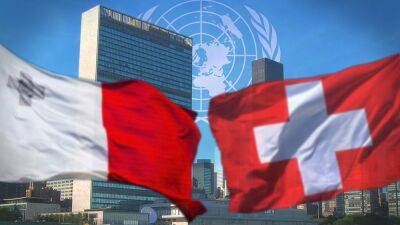Europe's gas prices reach pre-war levels as 2023 kicks off under unusually warm weather
Europe's gas prices have reached pre-war levels as the new year begins under unusually warm temperatures that have tamed consumer demand and fended off the need to tap into underground storage.
Trading at the Dutch Title Transfer Facility (TTF), Europe's leading hub, closed on Wednesday at €65 per megawatt-hour (MWh) for deliveries scheduled for February.
The last time gas prices at the TTF fell below the €70 MWh threshold was 16 February, eight days before Russia launched the invasion of Ukraine, when they hit €69.5 MWh
Since the start of the war, the TTF has gone through extreme ups and downs, culminating in an all-time high of €342 MWh in late August. After that peak, gas prices entered a slow but steady path of stabilisation, even though they remain exceptionally elevated.
The downward trend offers a respite for European households and companies, which have for months struggled to cope with volatile and unpredictable energy bills.
The news comes as 2023 brings record-breaking winter temperatures across the continent, a phenomenon that experts said fits into the wider pattern of human-caused climate change.
Germany, Poland, Hungary, Denmark, the Netherlands, France and Switzerland are among the countries experiencing extraordinarily balmy weather, forcing some ski resorts to close down.
Residents of San Sebastián, in northern Spain, were this week photographed sunbathing by the beach, while the Czech Republic registered 19 degrees Celsius.
The atmospheric conditions have curbed heating use and protected emergency stocks.
Underground gas storage in the European Union, which is meant to cover the increase in demand during winter, is currently at 83% of total capacity.
"It's a fairly good position to be in at this time of the
Read more on euronews.com


 euronews.com
euronews.com



















